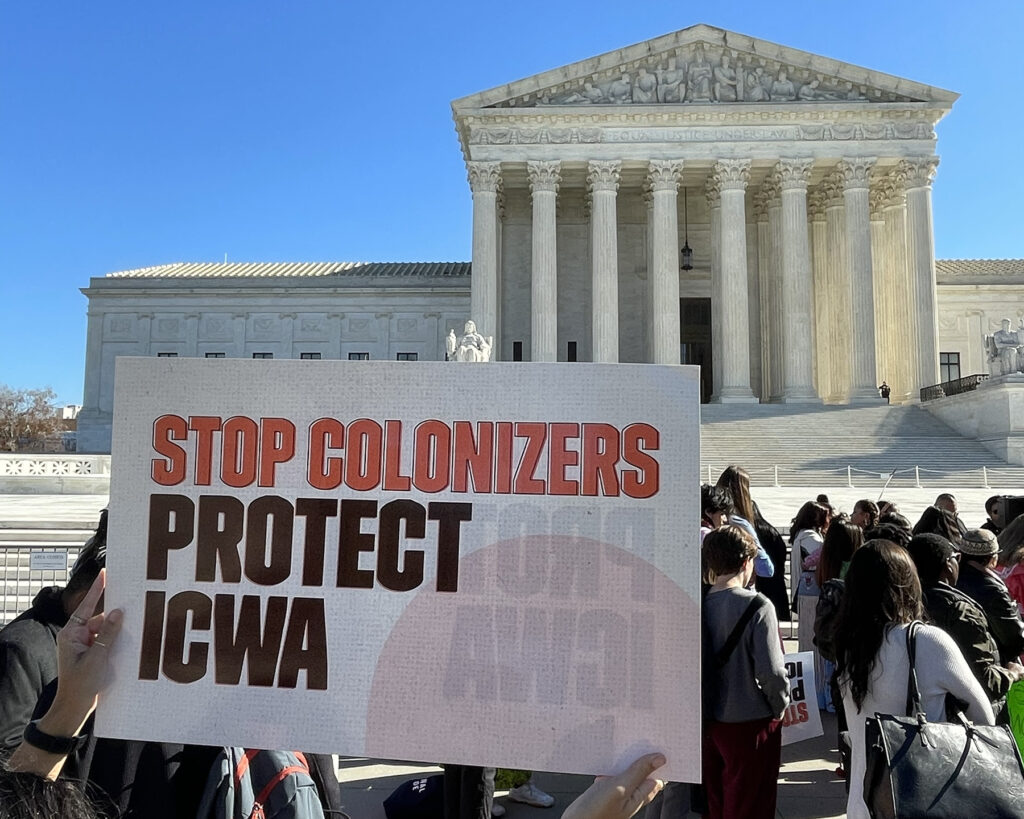About NICWA
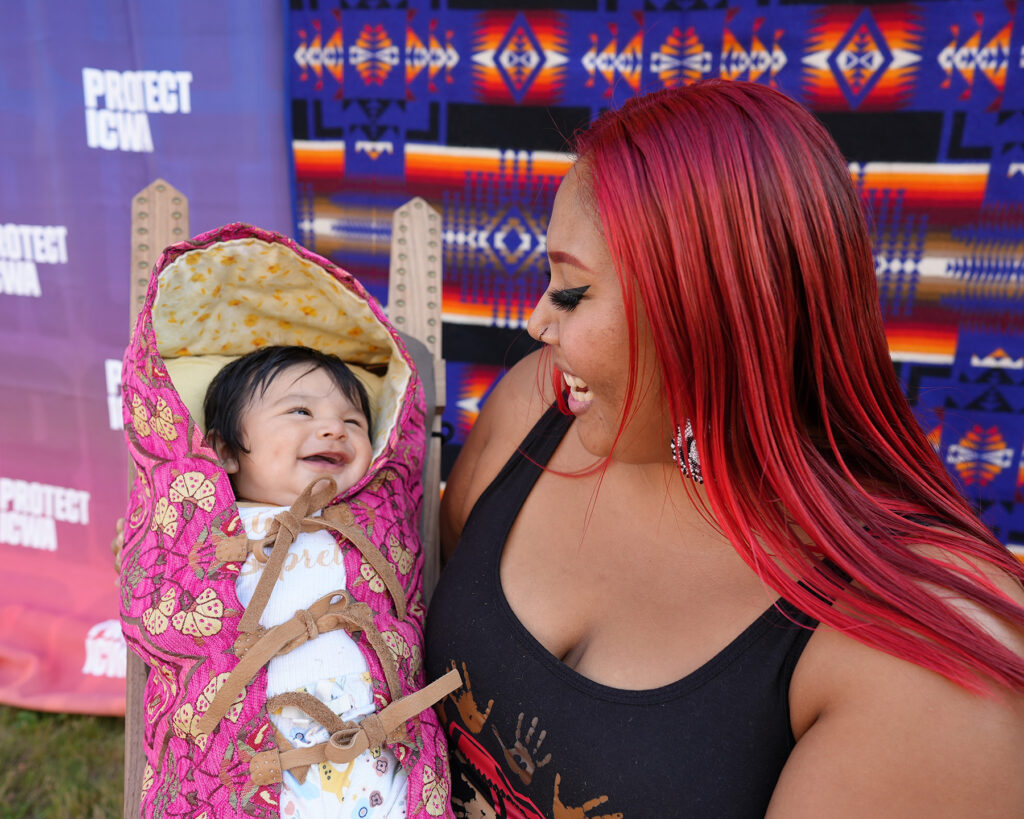

Our Mission
NICWA protects the safety, health, and cultural identity of all Native children and families—today and for future generations—by upholding culturally based services, community strength, and tribal sovereignty.
Our Vision
All Native children and their families are safe, healthy, and belong to strong communities that are culturally and spiritually abundant.
Our Values
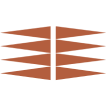
We believe that our cultures are our strongest resource for helping children and families.
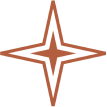
We believe that tribal child welfare practice must maintain a cultural and/or spiritual focus.
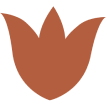
We believe that effective practice includes translating the values and principles of traditional teachings into expression today.

We believe in community-based services designed and delivered by and for local people.
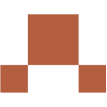
We advocate to maintain strong Native families.
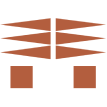
We advocate for the preservation of Native cultures.
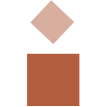
We value helping the helper.

We are committed to cross-cultural competence.
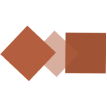
We seek and support positive, active, and effective tribal-state relations.
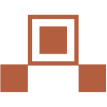
We believe that the highest priority for child welfare is child safety and well-being.

We are committed to permanency and value the child’s right to have a family to grow up in and call their own.
How We Work
NICWA works at the tribal, local, state, and national levels to strengthen the interrelated and interdependent networks and systems that support Native children and families.
NICWA’s work on behalf of Native children and youth responds to changing needs in Indian Country and the evolving context in the child welfare field and in the United States.
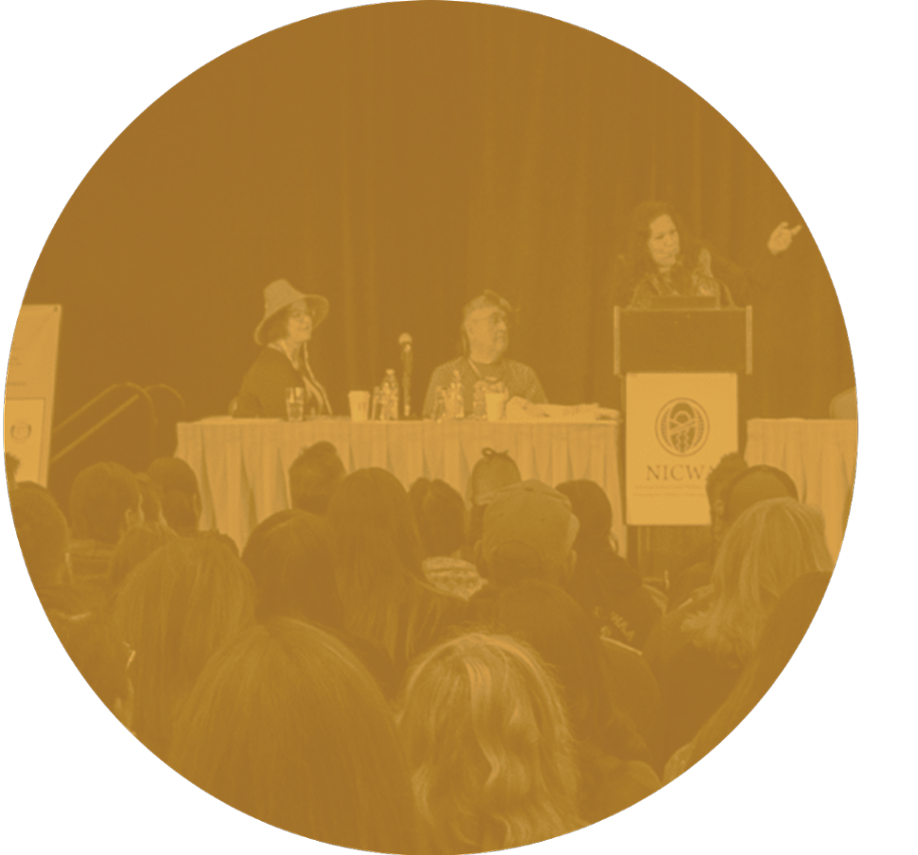

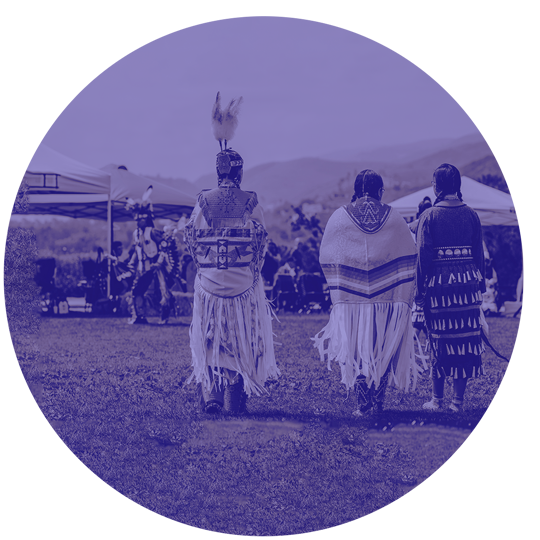

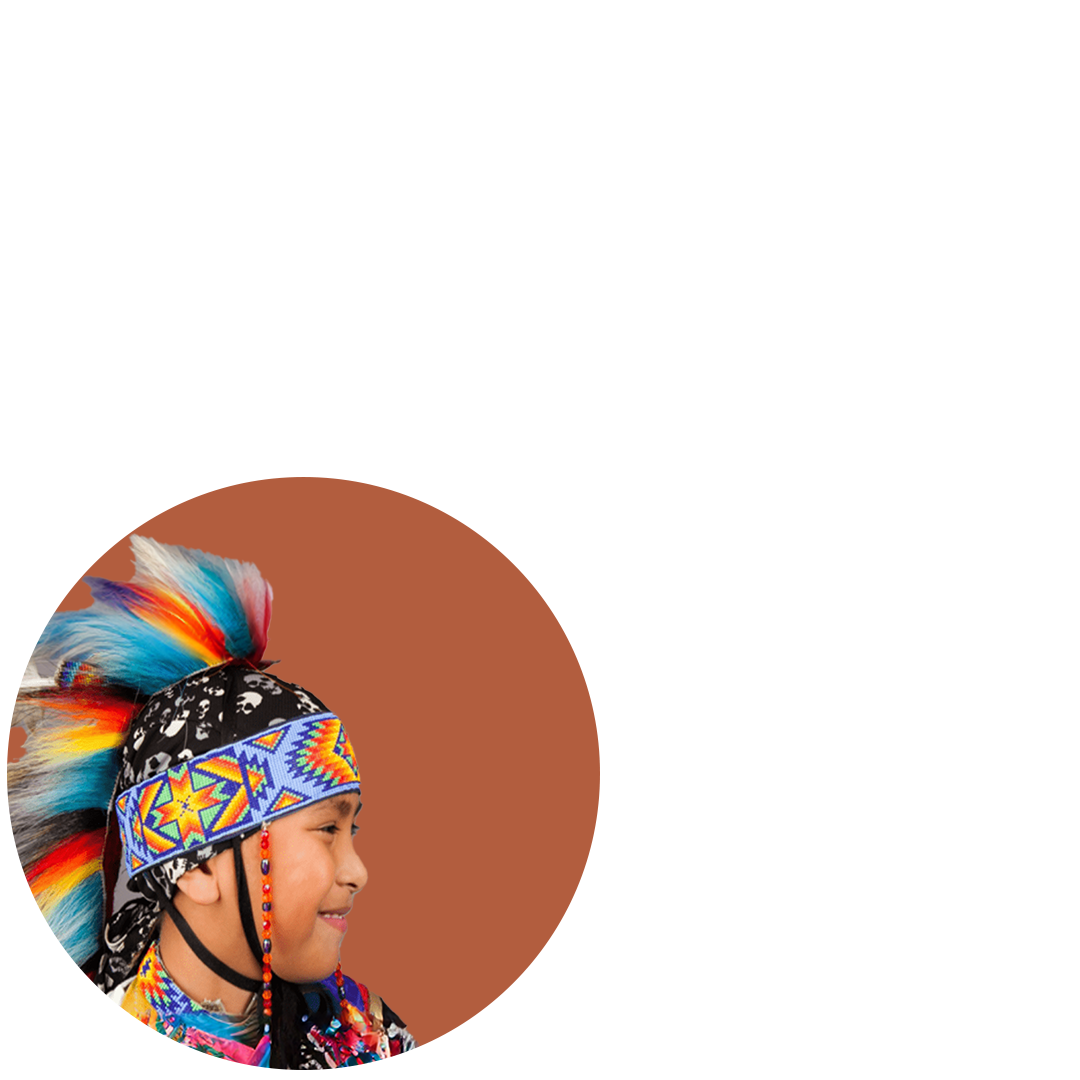

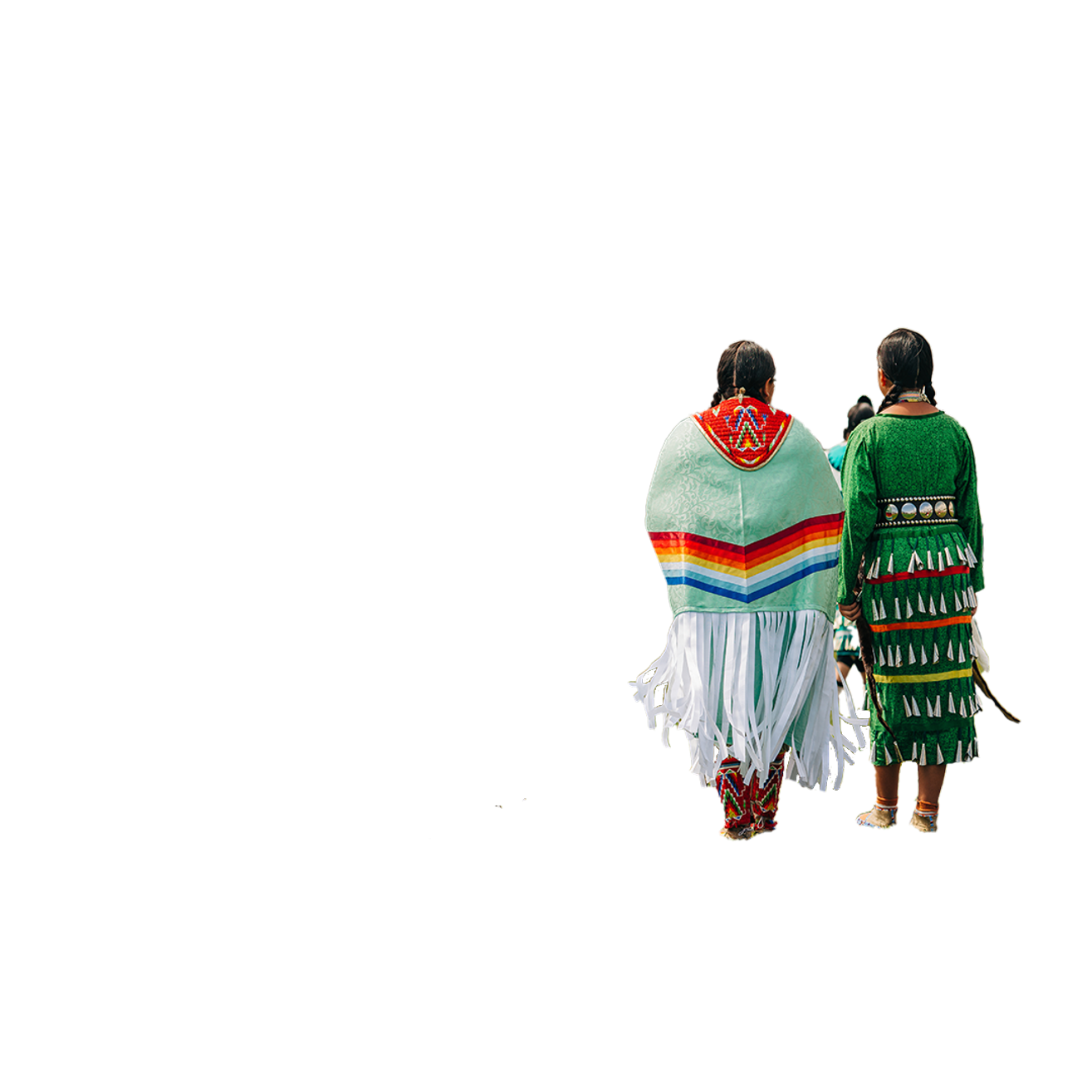
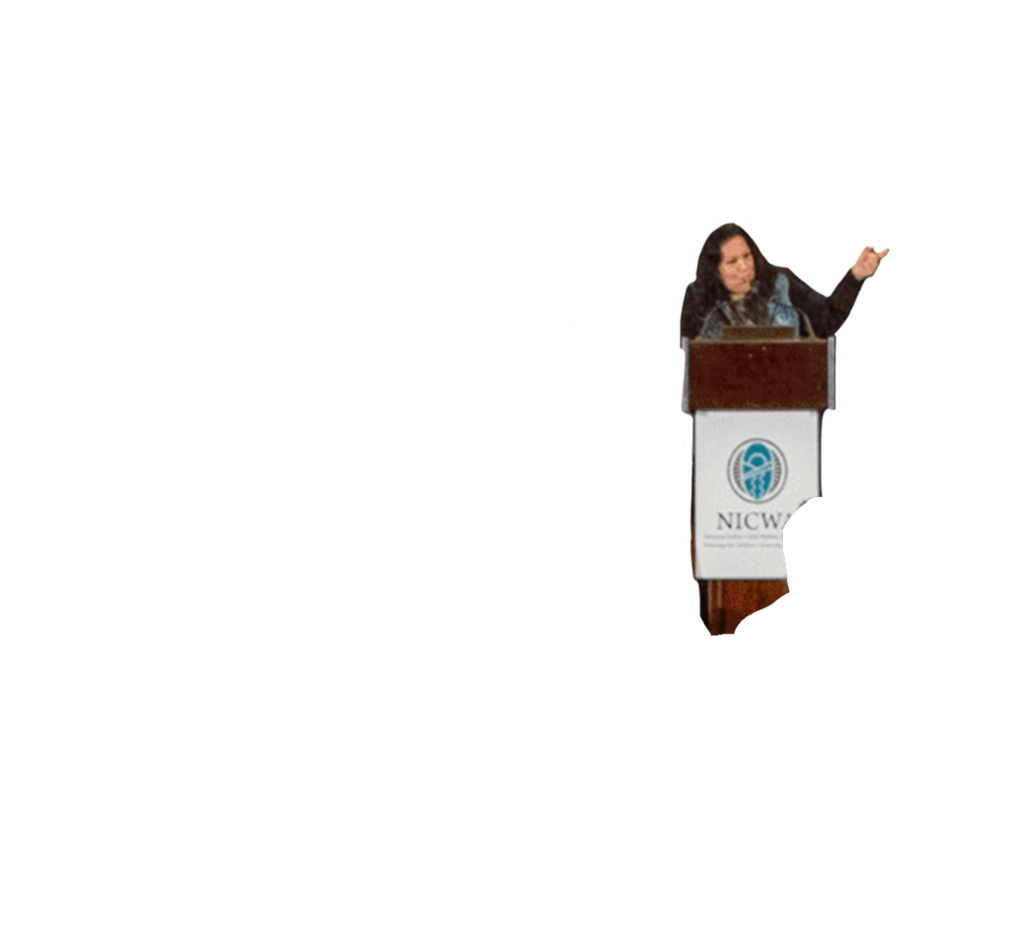
.
.
Environment
NICWA upholds and advocates for child welfare practice, policy, and resource allocation rooted in cultural identity, equity, and tribal sovereignty.
Communities
Following the leadership of Tribal Nations and in collaboration with public and private sector partners, NICWA strengthens and nurtures community-based solutions and services.
Families
NICWA supports families raising Native children by valuing family integrity and ensuring access to culturally based services.
Children & Youth
Drawing on ancestral wisdom, NICWA creates conditions for strong and stable nurturing networks wherever Native children and youth grow up.
Receive news, advocacy alerts, and ways to support Native children and families.
Follow Us
Work With Us
NICWA is a culturally-based organization that protects the safety, health, and cultural identity of all Native children and families. Explore open opportunities below.
Submit completed applications materials including NICWA’s Employment Application, a cover letter, and resume to:
Email: Lindsay Early, NICWA Operations Director: lindsay@nicwa.org
Mail: NICWA, ATTN: Human Resources, 5100 S Macadam Avenue, Suite 300, Portland, OR 97239
